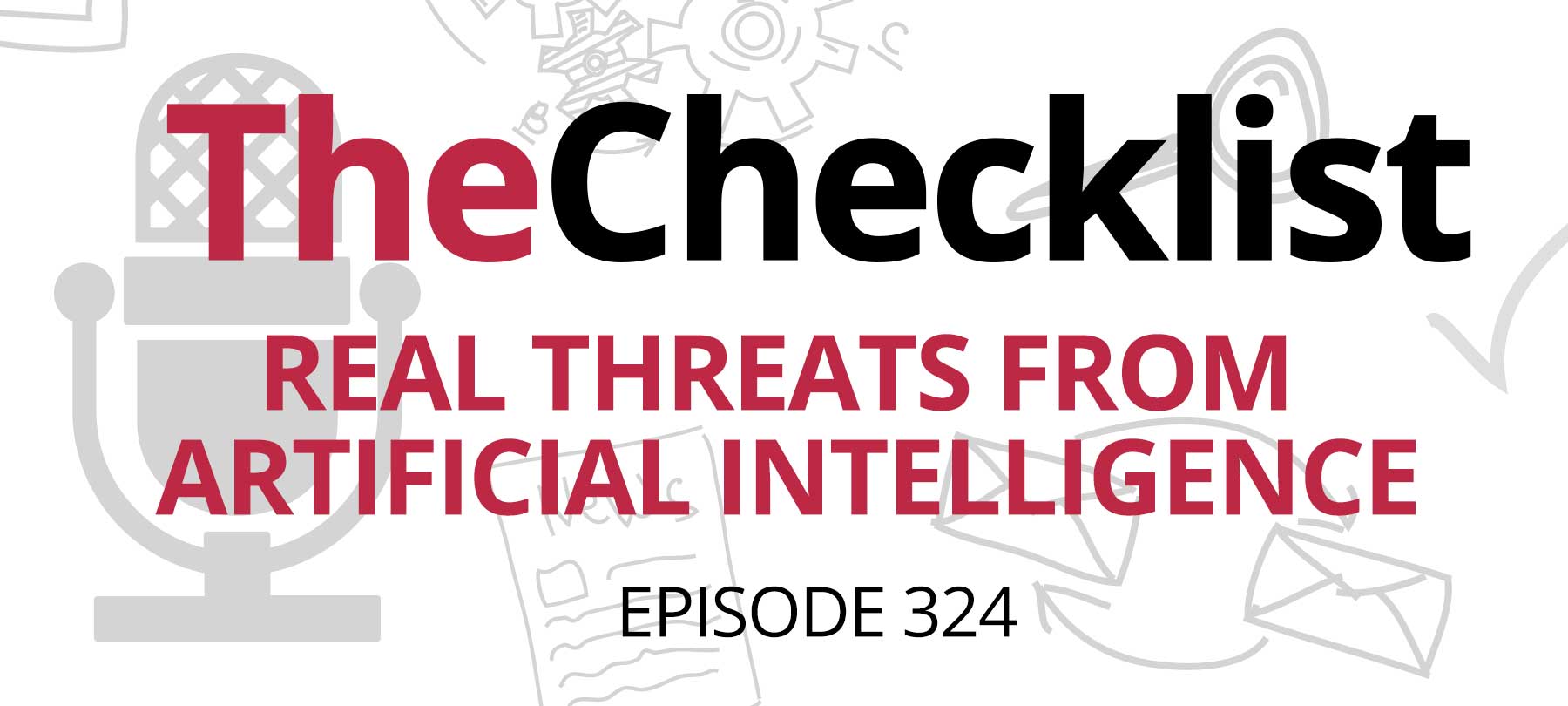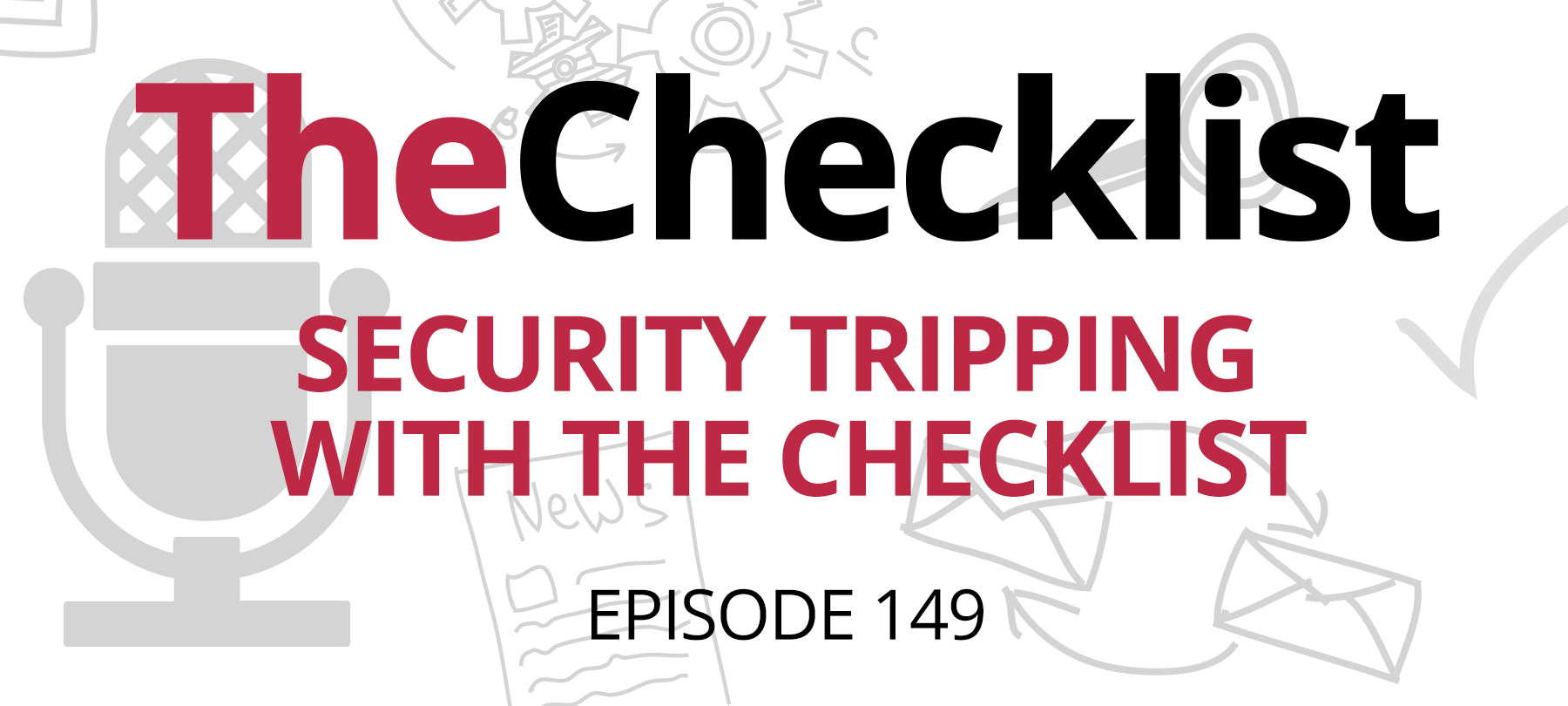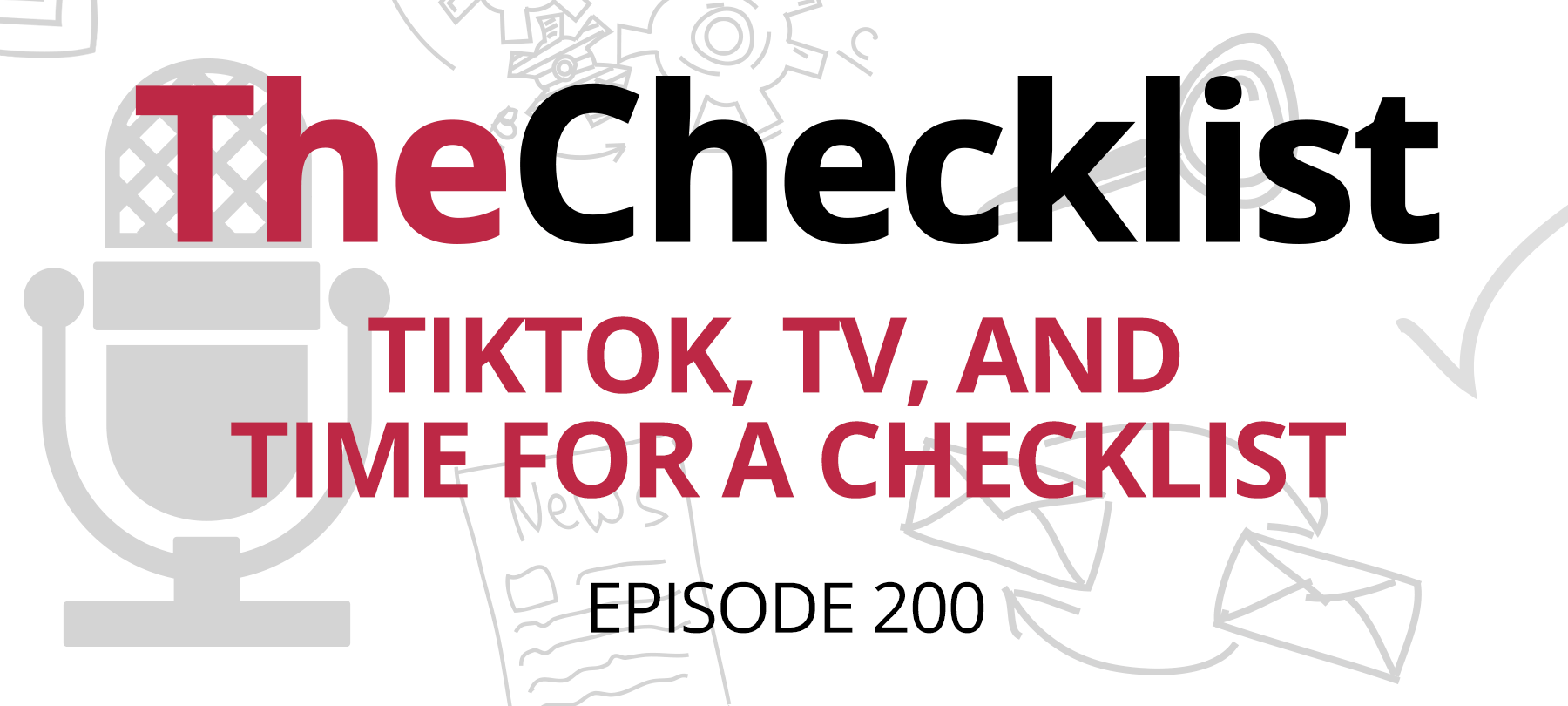Concerns Rise as Americans Express Anxiety Over AI’s Growing Influence
In a recent Engadget report highlighting Pew Research Center’s findings, concerns about the increasing prevalence of artificial intelligence (AI) have escalated. Last December, 38% of surveyed individuals expressed more worry than excitement about AI’s advancement. Fast forward to August, and this number has surged to 52%, marking a significant shift in sentiment. Another 36% share equal parts concern and excitement, while a minor 10% remain more excited than concerned.
Pew’s analysis suggests that across all major demographics, apprehension about AI outweighs enthusiasm. Despite this trend, the survey also highlights areas where people appreciate AI’s support, citing its assistance in various tasks. The report delves into demographic breakdowns and awareness levels regarding the perceived benefits and dangers of AI.
The concerns stem from a myriad of reasons, including the potential misuse of AI-generated deepfakes for sextortion, election interference, spreading misinformation, and propaganda. Wired’s piece emphasizes the psychological impact, warning that humans may not be adequately prepared for an AI-saturated “post-truth world.” Psychologists are just beginning to grapple with the far-reaching implications of this AI era, foreseeing a flood of disinformation, deepfakes, and distorted realities.
Larry Rosen, a psychology professor, raises concerns about over-reliance on AI, likening it to people’s increasing dependency on navigation apps. He worries that such dependence might hinder learning and cause stress due to constantly shifting gears and relying on AI for various tasks.
Contrastingly, Michael Graziano, a psychology and neuroscience professor at Princeton, sees potential in AI combatting the loneliness epidemic by serving as a companion. However, he also highlights the darker prospect of AI facilitating the creation of false narratives, potentially leading to a disruptive “post-truth world.”
As AI continues to evolve, the dual nature of its impact—offering companionship while potentially perpetuating falsehoods—leaves society pondering the complex implications of its pervasive integration.
Extremist Groups Embrace AI Technology for Propaganda, Posing a Threat to Online Safety
In a concerning turn, extremist factions have delved into the realm of artificial intelligence, particularly generative AI, leveraging its capabilities to craft and disseminate propaganda. This disturbing trend raises alarms among experts, who fear its potential to undermine the strides made by major tech companies in curbing extremist content online.
Big tech companies employ hashing databases to swiftly remove violent imagery from online platforms. However, Adam Hadley, Executive Director of Tech Against Terrorism, voices apprehension that generative AI could manipulate these images enough to evade detection by the hashing systems. He forewarns that the proliferation of AI tools among extremist groups might nullify the efficacy of current safeguards, enabling the spread of hateful and false content.
Hadley expresses grave concern about the increasing volume of AI-generated content—up to 5,000 instances per week—that his organization is detecting. He warns that within the next six months, the potential for these groups to exploit AI to bypass existing technological barriers is a significant threat.
Instances uncovered by Tech Against Terrorism include a neo-Nazi messaging channel employing AI-generated imagery with racist and antisemitic themes, along with far-right figures producing a guide advocating the use of AI-generated images for extremist memes.
As a response strategy, Hadley seeks collaboration with Microsoft to develop a countermeasure—an AI-based detection system—to identify and combat the emergent threat of AI-driven terrorist content at scale. The proposed solution involves leveraging their archive of materials to create a detection mechanism.
However, the efficacy of this approach remains uncertain. The hope lies in employing AI to counter AI—a strategy akin to “takes one to know one.” The success of this initiative is crucial in safeguarding online spaces against the looming threat posed by extremist groups leveraging generative AI for propaganda purposes.
McAfee Offers Tips to Combat Fake News and Misinformation in the Era of AI Advancements
In a world increasingly influenced by artificial intelligence and manipulated content, cybersecurity expert McAfee has outlined crucial strategies to tackle the proliferation of fake news and misleading information. As AI becomes more adept at producing doctored images, fabricated videos, and deceptive narratives, the need for enhanced media literacy and critical thinking skills has never been more pressing.
McAfee’s recommendations focus on empowering individuals to discern fact from fiction in an era where trust in online content is paramount. The primary suggestions encompass thorough scrutiny of information sources, verification of supporting details, and emotional self-awareness.
Source Verification
McAfee emphasizes the importance of investigating the credibility of sources. Users are urged to search for author credentials, institutional backgrounds, and editorial history on unfamiliar websites. Legitimate sites typically provide comprehensive information about their background and staff, whereas deceptive sources may lack such details.
Fact-Checking
Users are advised to cross-verify information and scrutinize supporting evidence provided within articles. McAfee warns against fake news using fabricated citations, urging readers to verify the authenticity of sources and data presented.
Date Verification
Checking the publication date of information is crucial. Outdated or irrelevant information can mislead and incite false emotions. Quick online searches can ascertain the relevance and currency of the content.
Image Verification
Employing reverse image searches to verify the authenticity, date, and origin of visuals accompanying online content is recommended. This helps in identifying potentially manipulated or outdated images.
Emotional Awareness
McAfee highlights the deliberate use of emotionally charged content by bad actors to manipulate reactions and spread disinformation. Users are urged to remain emotionally vigilant and not allow emotions to cloud their judgment.
Fact-Checking Services
McAfee suggests utilizing reputable fact-checking services such as Politifact.com, Snopes.com, FactCheck.org, and Reuters Fact Check to verify information accuracy.
Diversifying Information Sources
Encouraging individuals to broaden their media diet, McAfee advocates consuming information from multiple sources to obtain a comprehensive view of a topic. Recognizing biases inherent in single sources, diversification helps counter skewed perspectives.
In the face of advancing AI capabilities and the potential for widespread misinformation, McAfee underscores the significance of individual vigilance and critical evaluation. By implementing these strategies, individuals can equip themselves to navigate the digital landscape more adeptly, mitigating the spread and impact of false information.



